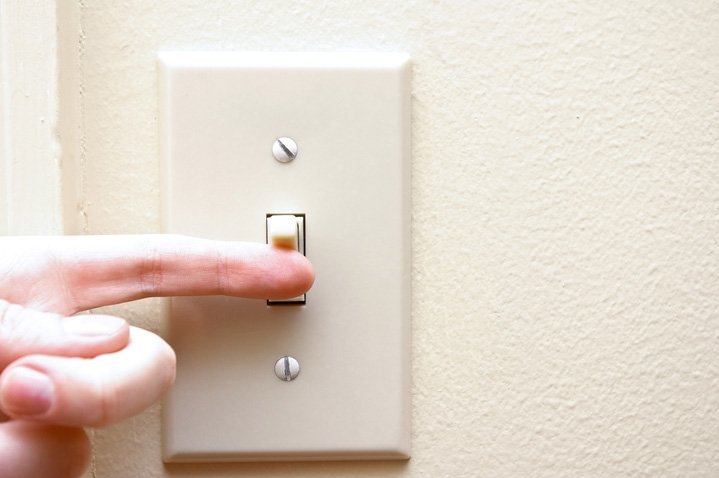
Earth Hour helps us remember how we affect our environment. What are some of the everyday choices we can make that can create a real difference?
Every year people around the world check their collective consciences and do their part to recognize our carbon footprint and its effect on our environment by turning off their lights during Earth Hour (celebrated next year on March 31, 2012).
And every year, the blogosphere is filled with questions about the sincerity and meaningfulness of this single hour of attention to a serious—and ongoing issue. Some call it hypocritical to simply turn off our lights for a single hour and then carry on with our energy-guzzling ways.
But the fact that Earth Hour sparks these conversations is a meaningful step toward action. In discussing the value of such an action, we’re at least giving our attention to the many other ways in which we can show our commitment to ecological stewardship.
It isn’t easy in this technologically complicated world to turn back the ecological clock on our habitual use of energy. We naturally take for granted some of the very things that can cause the most harm to our environment. Who among us hasn’t thought about how they can fill their time during a power outage only to dismiss most of those ideas (catch up on the ironing, enjoy a cup of tea, answer emails) after realizing that power is required to make them happen?
On the other hand, we might make choices with our eco-consciences that, on the surface seem like a good idea (choose paper bags over plastic at the grocery store, turn our bathroom CFL light off after five minutes of use, wash dishes by hand instead of using the dishwasher), but on further analysis actually turn out to create a greater carbon footprint.
How do we make the right choices in our everyday lives to make a difference in our world? Read about how one man looked at the question in “The one-minute activist” in the August 2011 issue of alive magazine.



